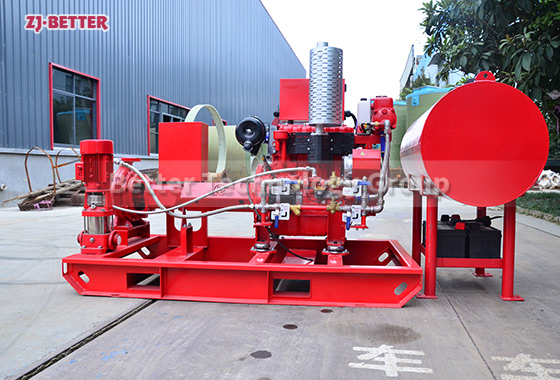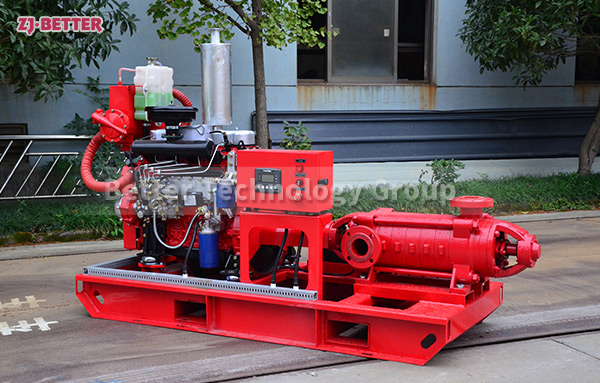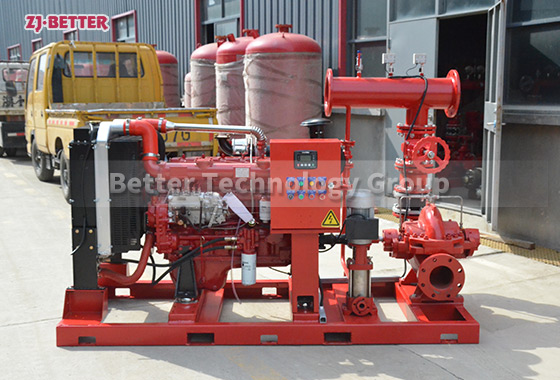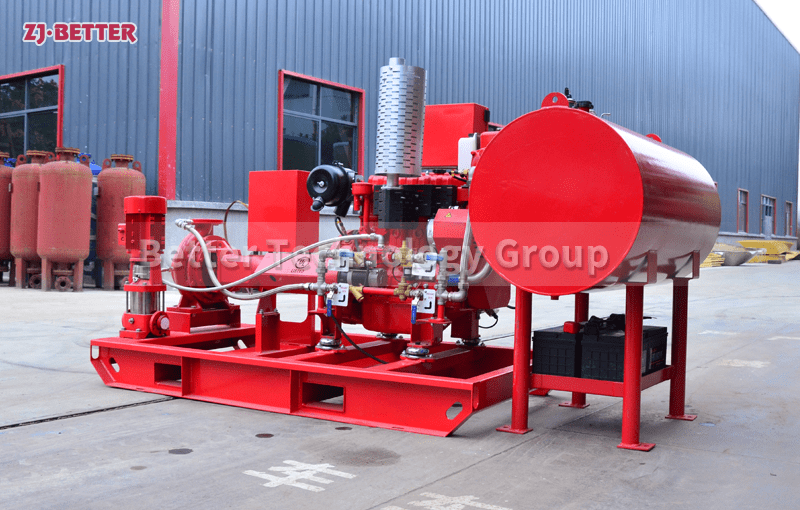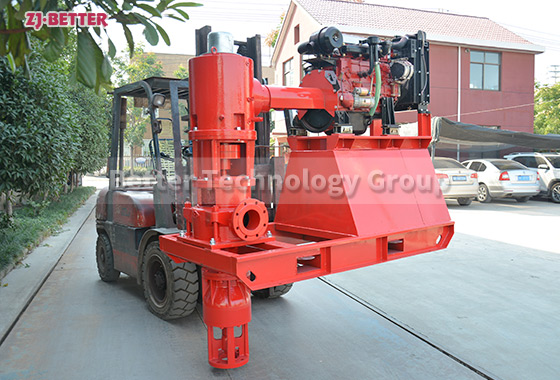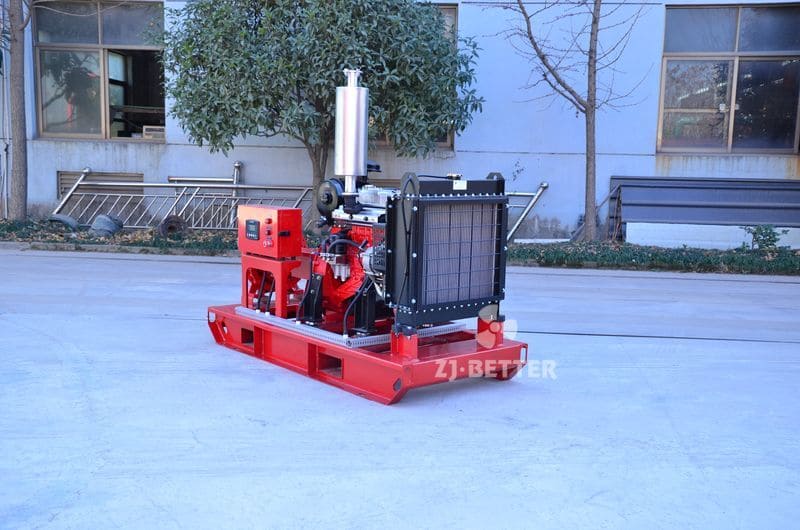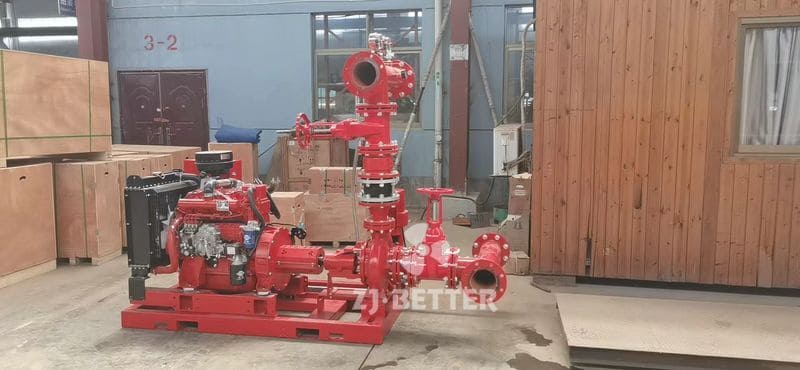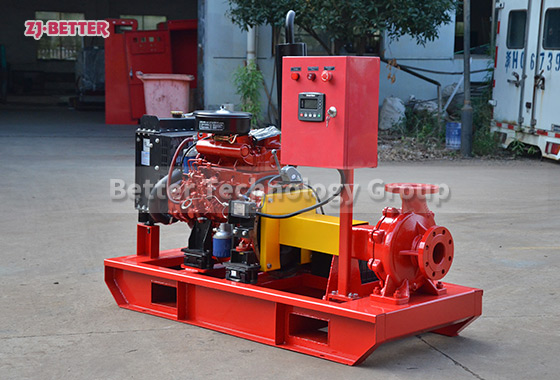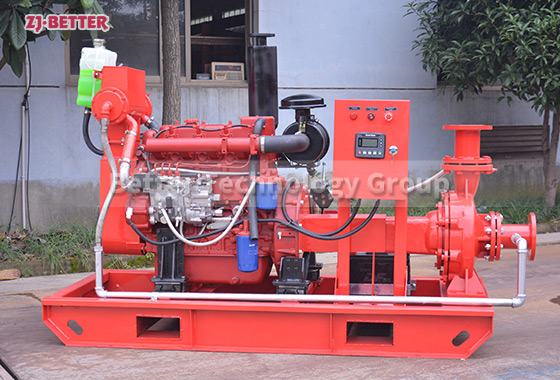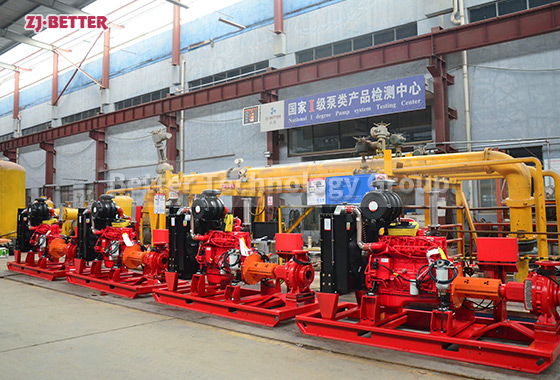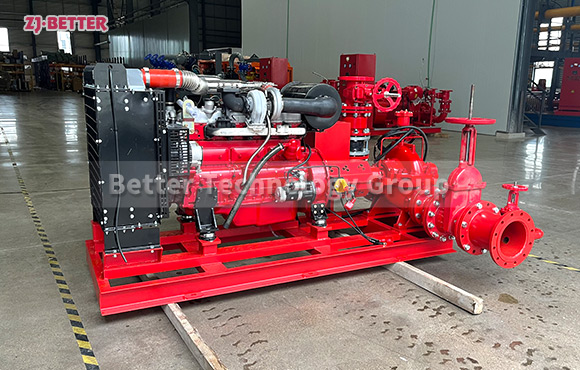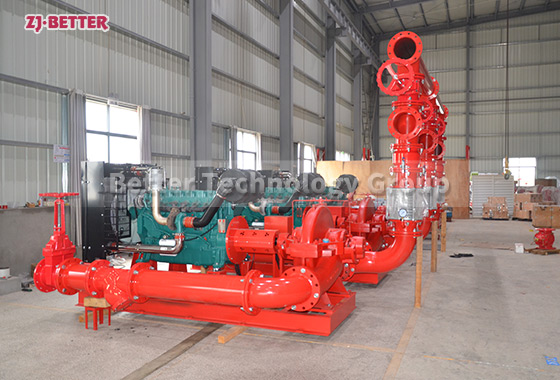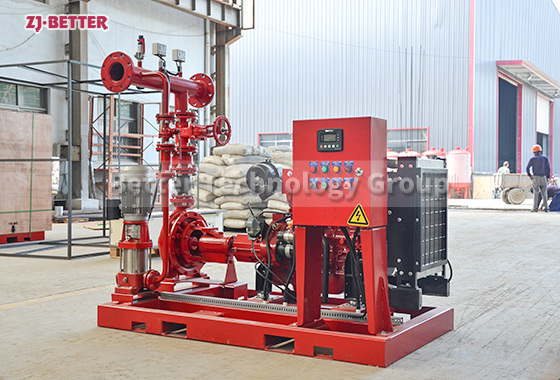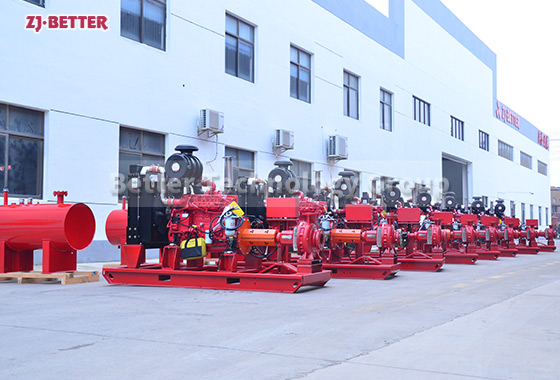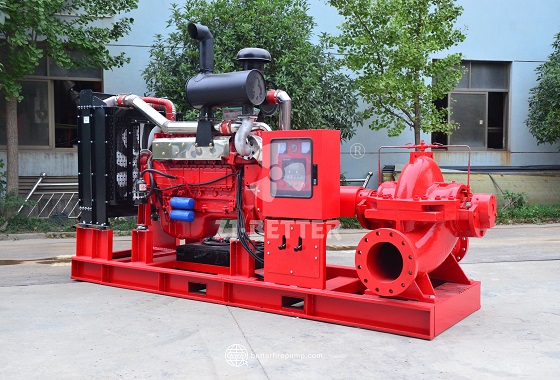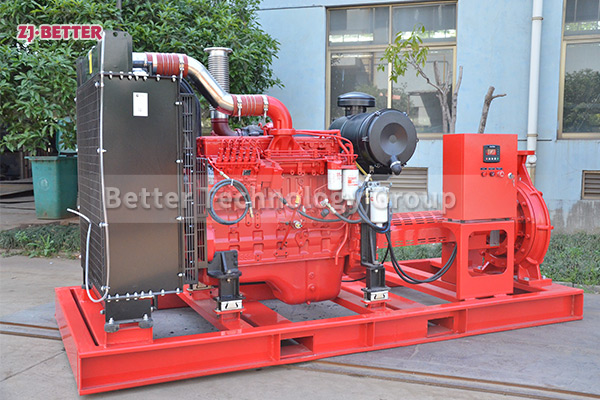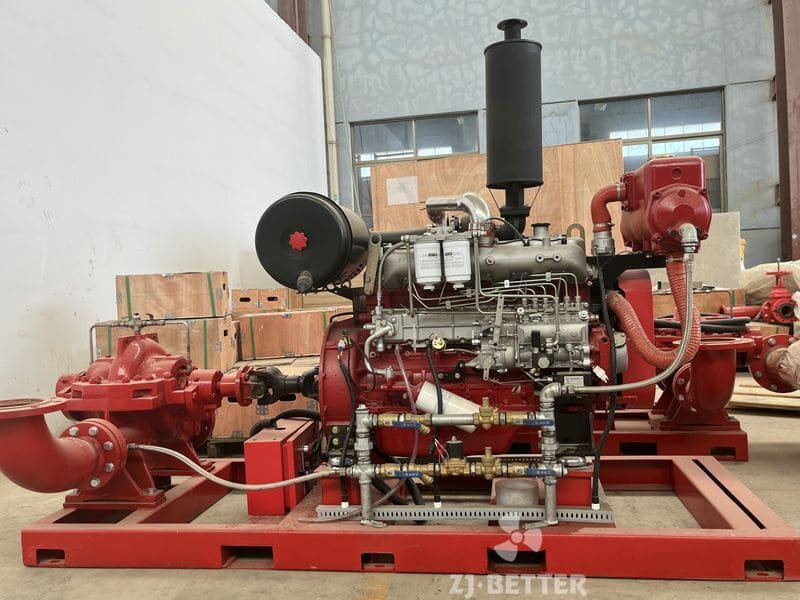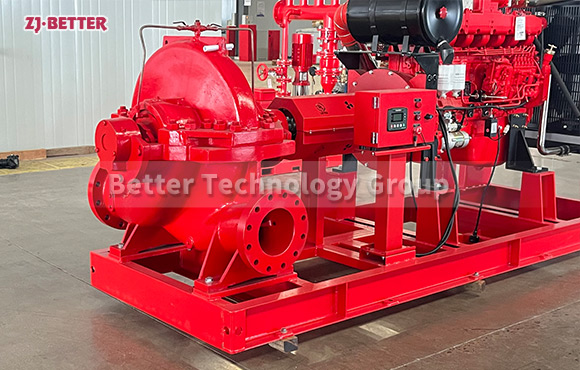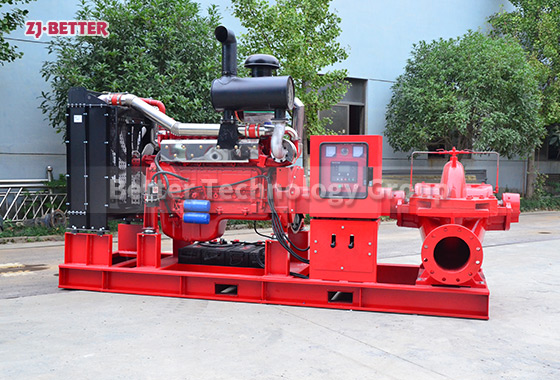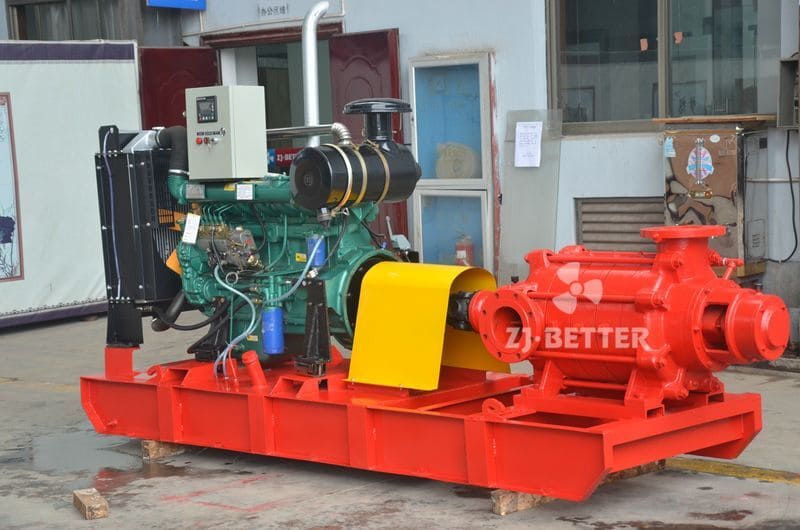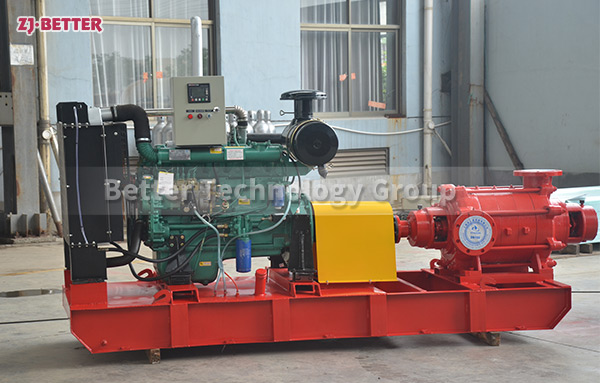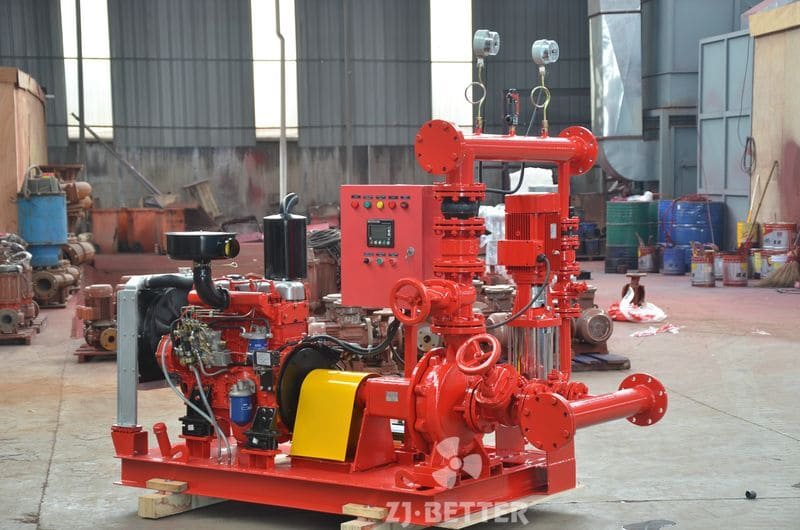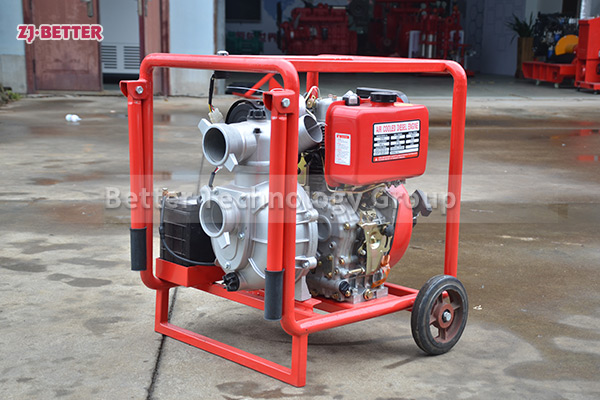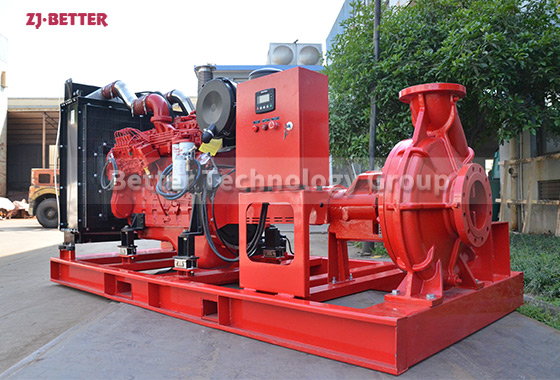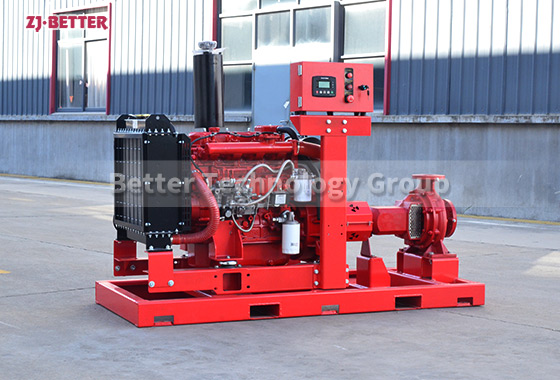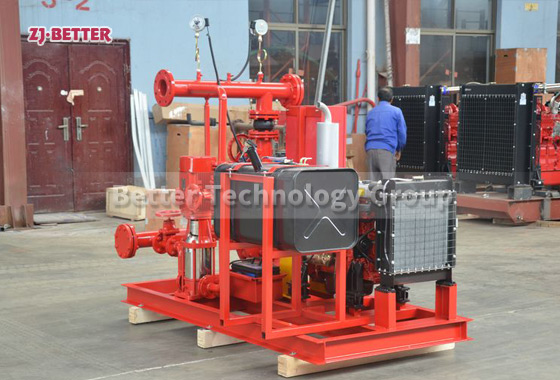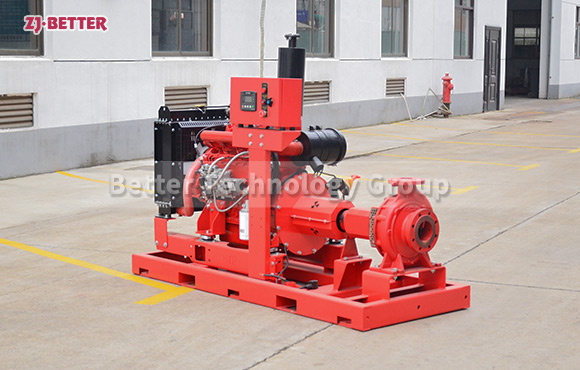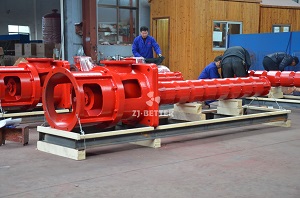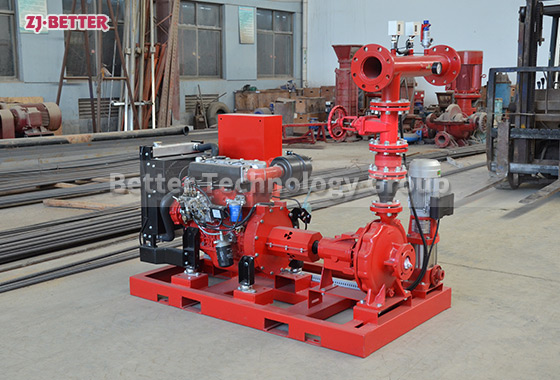Five reasons why the temperature of the diesel engine fire pump is too high?
When the temperature of a diesel engine fire pump becomes too high, it can indicate various underlying issues that need to be addressed promptly to avoid potential damage or failure. Here are five possible reasons why the temperature of the diesel engine fire pump might be too high
When the temperature of a diesel engine fire pump becomes too high, it can indicate various underlying issues that need to be addressed promptly to avoid potential damage or failure. Here are five possible reasons why the temperature of the diesel engine fire pump might be too high:
- Insufficient Cooling System: The cooling system of the diesel engine might be compromised or inadequate, leading to inefficient heat dissipation. This can be caused by a malfunctioning water pump, clogged or restricted cooling passages, or low coolant levels.
- Overloading: The fire pump may be operating beyond its designed capacity, causing it to generate excessive heat. This could occur due to increased demand or excessive friction within the pump components.
- Fuel System Issues: Problems in the fuel system, such as incorrect injection timing, improper fuel-to-air ratio, or contaminated fuel, can result in incomplete combustion and increased heat generation.
- Lubrication Problems: Inadequate lubrication can lead to increased friction and heat within the engine components. This could be due to low oil levels, poor-quality oil, or a malfunctioning oil pump.
- Mechanical or Electrical Failures: Various mechanical or electrical failures in the engine can cause abnormal heat buildup. Examples include issues with the cooling fan, damaged or stuck thermostat, faulty sensors, or problems with the engine’s electrical system.
It’s crucial to promptly address high temperature issues in a diesel engine fire pump to prevent more severe damage or potential hazards. Regular maintenance, inspections, and addressing problems as soon as they arise can help maintain the optimal performance and safety of the fire pump. Always consult a qualified professional or technician for proper diagnosis and repair.

